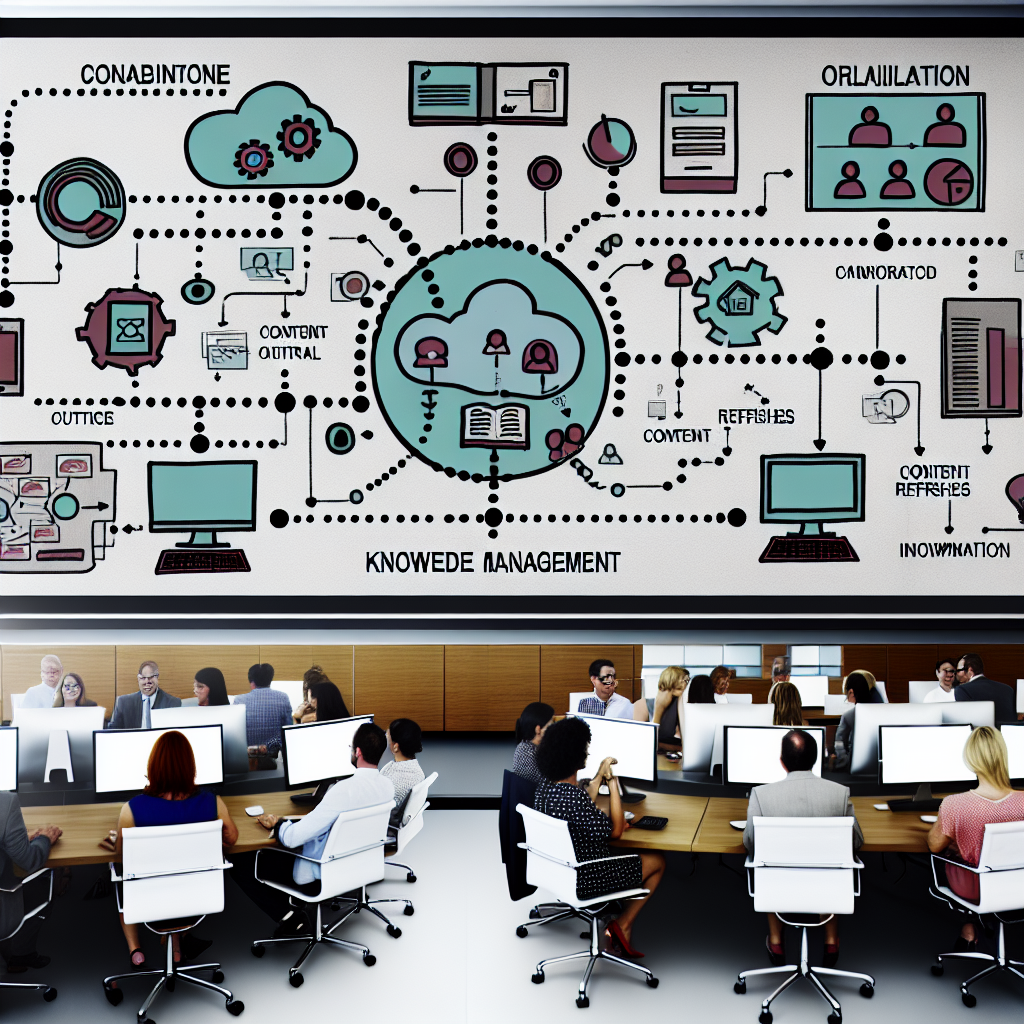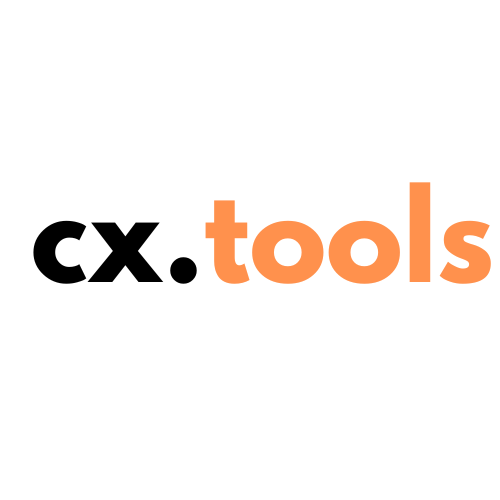
Effective knowledge management techniques can significantly enhance customer experience (CX), ensuring satisfaction and loyalty.
Knowledge management for customer experience refers to the systematic process of capturing, organizing, sharing, and analyzing information that helps deliver enhanced services to customers. By leveraging the right knowledge at the right time, businesses can create seamless interactions, resolve issues promptly, and elevate the overall customer experience.
Reduced Resolution Time: With a comprehensive knowledge base, customer service representatives can quickly find solutions, reducing the time taken to resolve customer issues.
Consistency in Communication: Knowledge management ensures that all team members have access to the same information, leading to consistent and accurate communication across all channels.
Self-Service Capabilities: Customers can access a well-maintained knowledge base for self-service solutions, reducing the need for direct interaction and enhancing satisfaction.
Improved Employee Efficiency: By providing employees with easy access to information, knowledge management helps improve their efficiency and productivity.
Organize Information Efficiently: Structure your knowledge base logically with categories and sub-categories, making it easy for both employees and customers to navigate. Use tags and search functionalities to facilitate quick access.
Regularly Update Content: Ensure that your knowledge base remains current by regularly reviewing and updating content. Outdated or incorrect information can lead to customer frustration.
User-Friendly Interface: Design your knowledge base with a user-friendly interface that supports easy navigation and quick access to information. The requirement of advanced technical skills should be minimal.
Cross-Departmental Collaboration: Foster collaboration across different departments to gather diverse insights that enrich the knowledge base. A comprehensive repository benefits from contributions from various stakeholders.
Leverage Analytics: Utilize analytics to track the usage and effectiveness of your knowledge management system. Analyze which articles are most viewed and identify common search queries to continually improve your knowledge base.
Content Management Systems (CMS): A CMS helps manage and publish knowledge efficiently. Choose a CMS that supports easy content creation, collaboration, and customization.
Customer Relationship Management (CRM) Software: Integrate your CRM with your knowledge base to provide customer service representatives with a holistic view of customer interactions and history.
Knowledge Base Software: Utilize specialized software designed specifically for knowledge management, offering features like AI-powered search, real-time updates, and user feedback mechanisms.
Collaboration Tools: Implement tools like Slack, Microsoft Teams, or Trello to facilitate collaboration among team members, ensuring seamless information flow and timely updates.
Conduct Comprehensive Training: Train your employees on how to use the knowledge management system effectively. Regular training sessions ensure that all team members are proficient in accessing and contributing to the knowledge base.
Gather Customer Feedback: Regularly seek feedback from customers to identify gaps in your knowledge base and areas for improvement. Customer insights can drive meaningful updates and enhancements.
Establish Clear Guidelines: Create clear guidelines for content creation, categorization, and updates. Consistency in content quality and structure makes your knowledge base more reliable and user-friendly.
Encourage Continuous Improvement: Adopt a culture of continuous improvement by regularly assessing the effectiveness of your knowledge management practices and making necessary adjustments.
Knowledge management improves customer experience by providing timely, accurate, and consistent information to both customers and service representatives, leading to quicker issue resolution and higher customer satisfaction.
Absolutely. Implementing knowledge management practices helps small businesses improve efficiency, customer service quality, and creates a foundation for scaling their operations seamlessly with growth.
